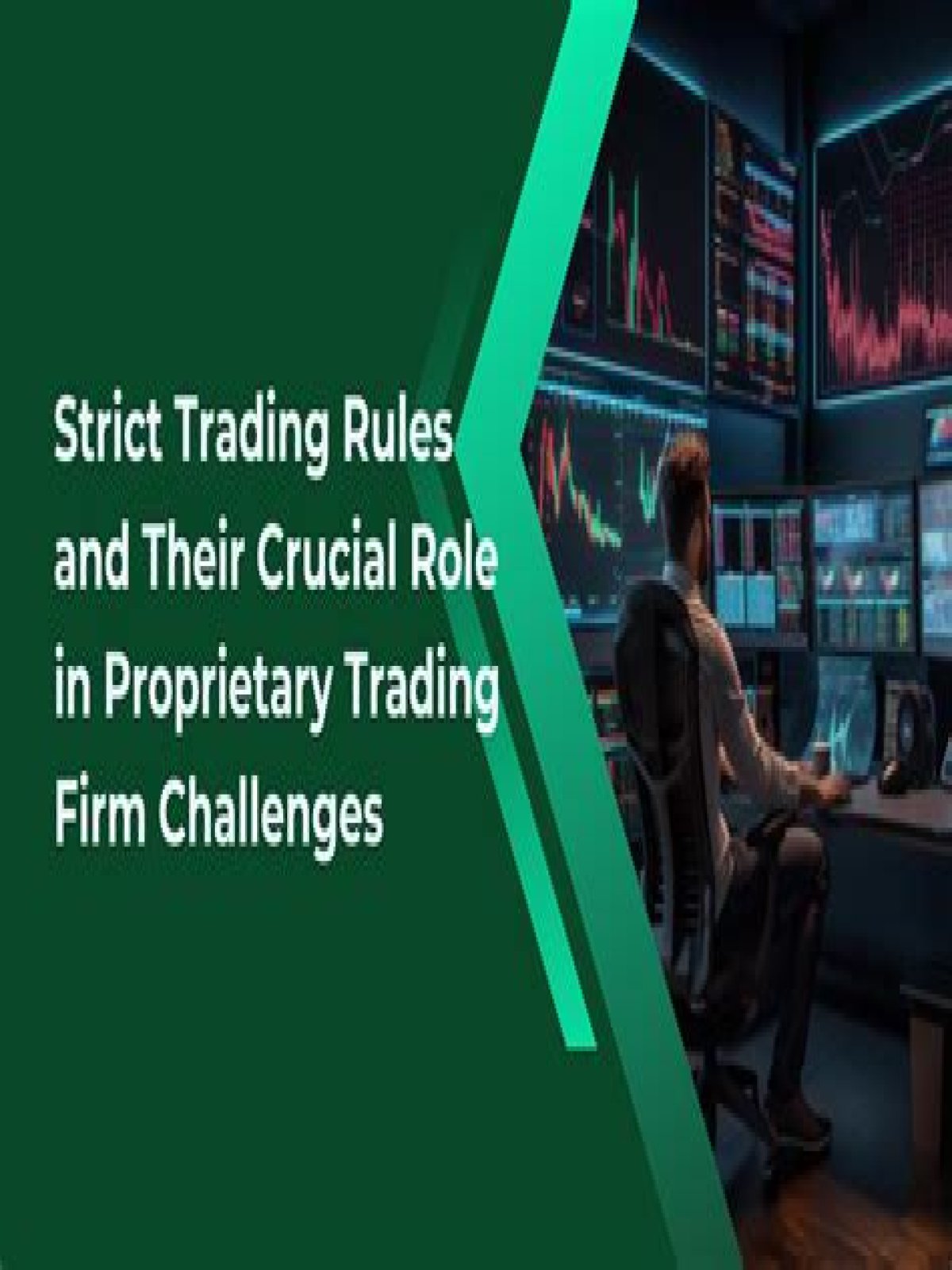- What is the need for regulations on insider trading?
- What is insider trading and how is it regulated?
- What is Pit regulations?
- What are two types of insider trading?
- What is insider trading and examples?
- Is it illegal for a company to use insider trading?
- When does insider trading occur in the stock market?
- What was the law for insider trading in 1984?
What is the need for regulations on insider trading?
Insider trading denotes dealing in a company’s securities on the basis of confidential information relating to the company which is not published or not known to the public used to make profit or loss. It is fairly a breach of fiduciary duties of officers of a company or connected persons towards the shareholders…
What is insider trading and how is it regulated?
In the case of an unintentional disclosure of material non-public information to one person, the company must make a public disclosure “promptly.” Insider trading, or similar practices, are also regulated by the SEC under its rules on takeovers and tender offers under the Williams Act.
What are the regulations regarding insider trading in India?
Regulations in India Regarding Insider Trading Hence, the current regulations regarding Insider Trading in India are the SEBI (Prohibition of Insider Trading) Regulations, 2015 and Section 12A (Prohibition of Insider trading) and 15G (Penalty for Insider Trading) of the SEBI Act.
What is Pit regulations?
PIT Regulations means the Securities and Exchange Board of India (Prohibition of Insider Trading) Regulations, 2015, as amended from time to time. PIT Regulations means the Securities and Exchange Board of India (Prohibition of Insider Trading) (Amendment) Regulations, 2018 and any amendments thereto.
What are two types of insider trading?
However, there are two types of insider trading. One is legal, and the other is illegal. Legal insider trading is when insiders trade the company’s securities (stock, bonds, etc.) and report the trades to the authorities such as Securities Exchange Commission (SEC).
Who is liable in insider trading?
Regulation 3 of SEBI deals with the dealing and communication of insider trading. SEBI has discretionary power to protect the rights of its investors and shareholders. Any person who will be guilty of insider trading shall be liable of fine and it should not exceed Rs. 5 lakhs.
How is insider trading proven?
SEC Tracking Market surveillance activities: This is one of the most important ways of identifying insider trading. The SEC uses sophisticated tools to detect illegal insider trading, especially around the time of important events such as earnings reports and key corporate developments.
What is the latest regulations by the SEBI to curb insider trading?
Regulation 3(1) of the SEBI (Prohibition of Insider Trading) Regulations, 2015[13] lays down the first prohibition on insider trading and states that no insider shall communicate any UPSI relating to a company to any person.
What is insider trading prohibition regulations?
The Insider Trading Regulations provides the following restrictions on any communication or procurement of UPSI and trading: The Regulations restricts/prohibits an insider to communicate, provide or allow access to any UPSI which is related to a company or securities listed, to any person including other insiders.
What is insider trading and examples?
Insider trading refers to the practice of purchasing or selling a publicly-traded company’s securities. An example of an insider may be a corporate executive. The CEO is responsible for the overall success of an organization and for making top-level managerial decisions.
Is it illegal for a company to use insider trading?
How The SEC Tracks Insider Trading. Contrary to common belief, insider trading is not always illegal. Insider trading is legal when corporate insiders – such as a company’s directors, officers and employees – buy or sell shares in their company in accordance with securities laws and regulations.
Who is required to report insider trading to the SEC?
A company is required to report trading by corporate officers, directors, or other company members with significant access to privileged information to the Securities and Exchange Commission (SEC) or be publicly disclosed. Federal law defines an “insider” as a company’s officers, directors, or someone in control of at least 10%…
When does insider trading occur in the stock market?
Insider trading in securities may occur when a person in possession of material nonpublic information about a company trades in the company’s securities and makes a profit or avoids a loss. Certain federal statutes have provisions which have been used to prosecute insider trading violations.
What was the law for insider trading in 1984?
The Insider Trading Sanction Act of 1984 and the Insider Trading and Securities Exchange Act of 1988 provide for insider trading penalties to surpass three times the profits gained from the trade.
What is insider trading rule?
Under Rule 10b5-1, the SEC defines insider trading as any securities transaction made when the person behind the trade is aware of nonpublic material information, and is hence violating his or her duty to maintain confidentiality of such knowledge.
What is inside trader?
Jump to navigation Jump to search. Insider trading is the trading of a public company’s stock or other securities (such as bonds or stock options) based on material nonpublic information about the company.
What is insider investing?
The insider investment strategy is an investment strategy that follows the buying and selling decisions of insiders. The primary insiders have information advantage and the proven theory is that they as a group over time will do better than the average investor on the Stock Exchange.
What is insider selling?
Insider selling which is based on insider information is illegal. The SEC has set up a rule by which insiders may sell specific amounts of their holdings at specific times, and this information is recorded for public scrutiny in the annual report. opposite of insider buying.
